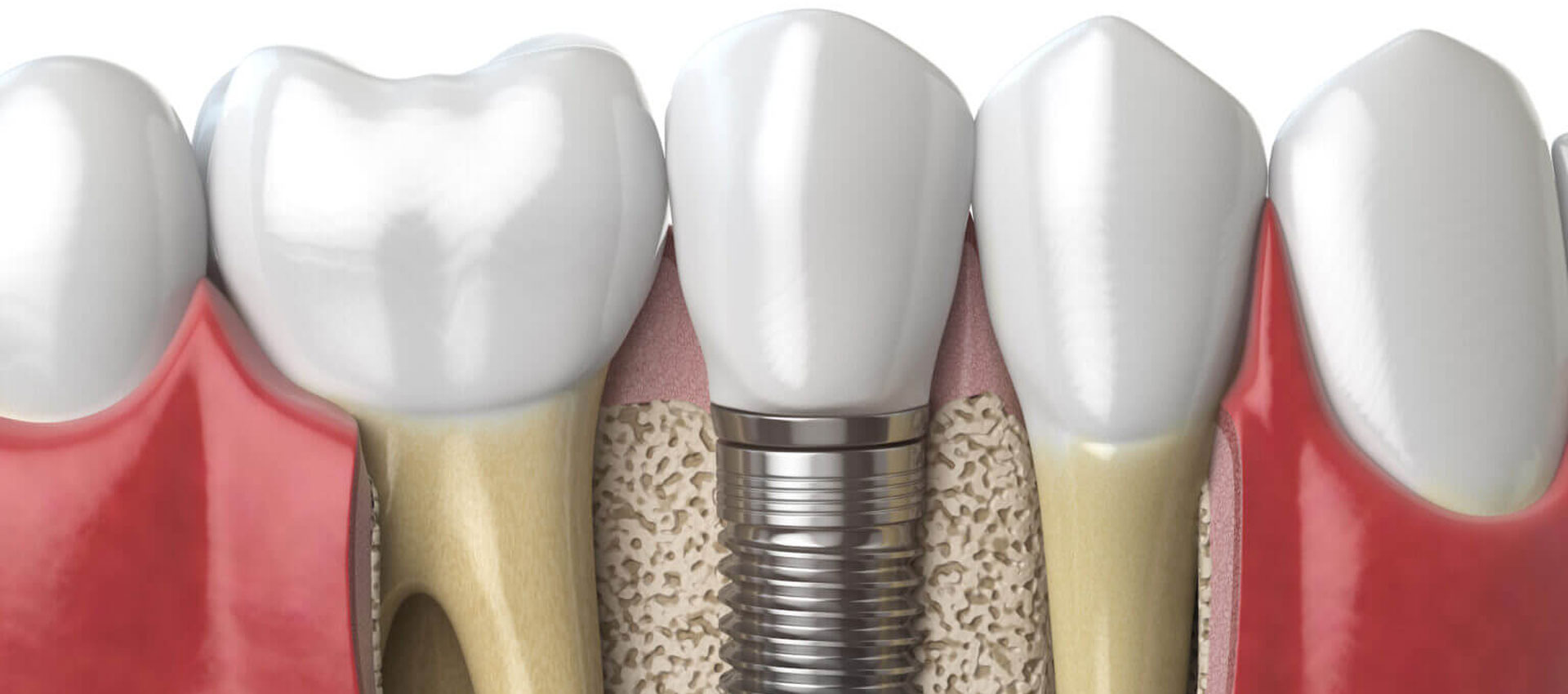Our Treatments

Dental implants offer a natural-looking and long-lasting solution for missing teeth
Operation Time
Anesthesia
Healing Period
Return to Work
Dental Implants: The ideal solution for missing teeth If you have lost a tooth, you may be wondering what options you have to replace it. One of the most popular and effective options is a dental implant. Dental implants are artificial tooth roots that are placed in your jawbone and covered with a crown to replace your missing tooth.
Why Should You Choose a Dental Implant? Dental implants offer many advantages over other tooth replacement options such as dentures and bridges. Here are just a few reasons why you should consider dental implants:
Long-Lasting: Dental implants are designed to last for decades, making them a cost-effective option in the long run. Natural Look and Feel: Dental implants feel like your natural teeth because they are anchored to your jawbone. Additionally, since they are specially produced to be compatible with your other teeth, they have a natural appearance. Protects Your Jawbone: When you lose a tooth, your jawbone may begin to deteriorate. Dental implants help protect your jawbone and prevent further deterioration. No Special Care Required: With dental implants, you have the same freedom to brush and floss your natural teeth. There is no need for special cleaning solutions or adhesives. Dental Implant Process Getting a dental implant is a process that usually takes several months and consists of several different steps:
Consultation: Your dentist will examine your mouth and take X-rays to determine whether you are a good candidate for a dental implant. Placement of the Implant: The implant is placed in your jawbone through a surgical procedure. While the implant heals, a temporary crown is worn. Healing: Over several months, your implant fuses with your jawbone, a process called osseointegration. This creates a solid foundation for your new tooth. Placement of the Crown: After the implant is completely healed, your dentist places a custom-made crown on it to match your other teeth. Protecting Your Dental Implant When you have a dental implant, good care is important to ensure its longevity. Here are some tips to help you protect your implant:
Brush and Floss Regularly: Brushing and flossing regularly, just like your natural teeth, is important to prevent plaque buildup and gum disease. Regular Dentist Visits: Your dentist can monitor the health of your implant and check that it is working properly. Avoid Hard or Sticky Foods: To avoid damaging your implant, it is best to avoid hard or sticky foods that can put stress on it. As a result, dental implants are a great option for replacing missing teeth. It is long lasting, natural looking and easy to care for. If you want to learn more about dental implants or explore this option, talk to your dentist.
Make an Appointment for Dental Implant
Here's what you're curious about.
Dental implants are artificial tooth roots that are surgically placed into the jawbone. They serve as a solid foundation for replacement teeth or bridges.
Anyone with healthy gums and adequate jaw bone density is a good candidate for a dental implant. Since smoking can negatively affect the success of dental implants, patients should be in good general health and should not smoke.
With proper care and maintenance, dental implants can last a lifetime.
The dental implant procedure typically involves multiple steps. First, the implant is surgically placed into the jawbone. A healing period of several months is then required to allow the implant to fuse with the bone. Finally, a dental crown or bridge is attached to the implant.
The dental implant procedure is typically performed under local anesthesia, so patients should not feel any pain during the procedure. Some discomfort and swelling may occur after surgery, but this can usually be relieved with over-the-counter pain medications.
The cost of dental implants can vary depending on a number of factors, including the number of implants needed, the complexity of the procedure, and the location of the dental office.
Dental implants have numerous benefits, including improving oral health, improving speaking and eating abilities, and a natural-looking appearance. They can also help prevent bone loss in the jaw and protect surrounding teeth.
Note: The information provided here is for general informational purposes only and should not be considered medical advice. It is important to consult a qualified healthcare professional for personalized guidance regarding Dental Implant and your specific situation.





